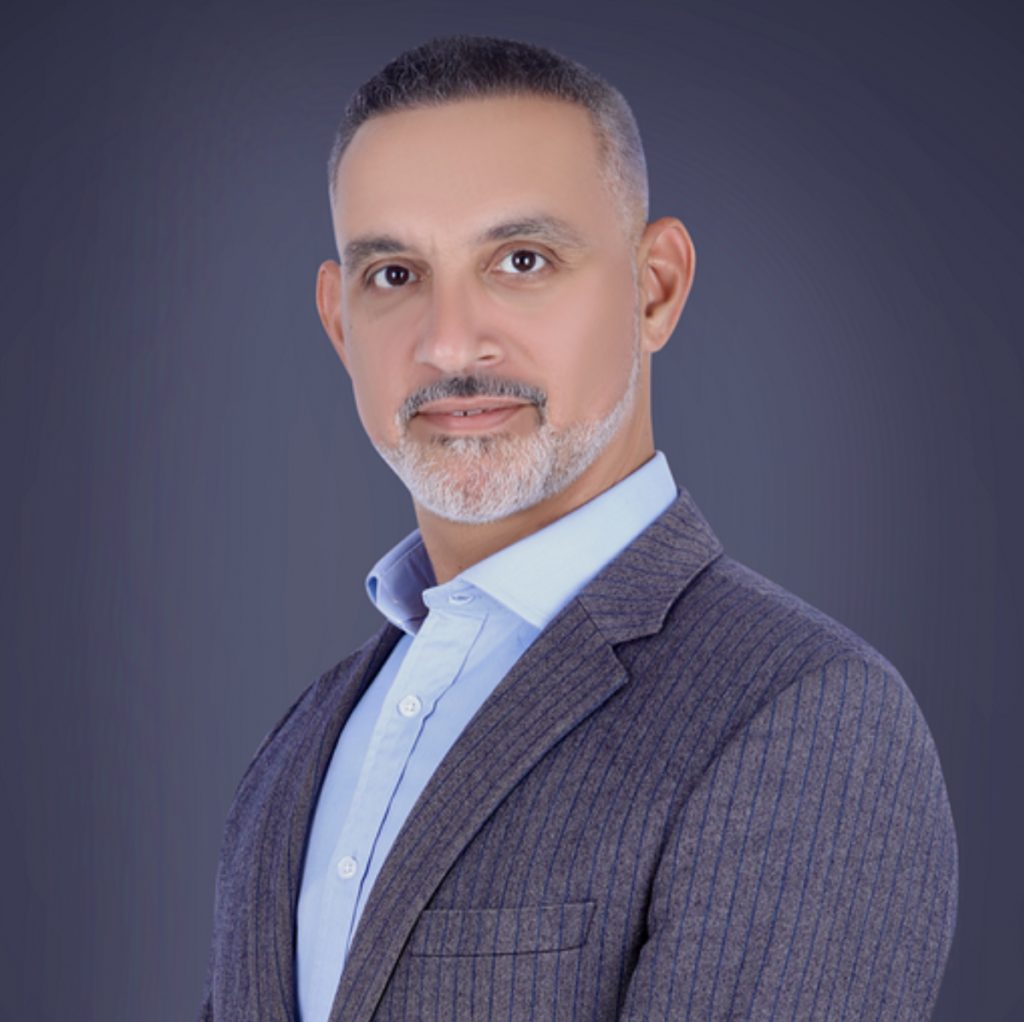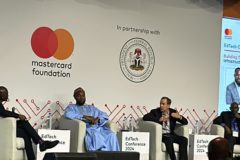
Klasha’s new chief commercial officer, Nile Younis, spoke to TechCabal about his plans to bridge the e-commerce gap between Africa and the global economy.
Younis was the P&L business owner responsible for building and establishing digital payment ecosystems at national levels for Mastercard in the Middle East and Africa (MEA) region. He also led product development and management. As co-founder of digitally-native mobile wallet solutions, he and his team created leading go-to-market strategies, leveraging technology and partnerships across the MEA markets to achieve their objective of digitising large cash flows across multiple sectors.
Your expertise is in the Middle East region and North Africa. How would you translate that to Klasha’s sub-Saharan customer base?
I have had the privilege of working across all markets in the Middle East and Africa. That’s over 70 very different cultures, economies, people, and regulatory landscapes. The fragmented reality on the ground is a common nuance across the region, as are many of the inspiring trends driving the continent forward through growth in global trade, technological advancements, regulatory harmonisation, and ecosystem stakeholder collaboration. It is by leveraging these macro trends, whilst having a deep understanding of each local market and consumer demand, that opportunity can materialise for all those interested in doing business in the continent.
What motivated you to join Klasha?
The main motivation to join Klasha was its vision to become the world’s most renowned innovator of borderless commerce solutions focused on Africa, by delivering the best possible digital commerce experiences through its technology. Customers can then access new growth opportunities for growth and unparalleled convenience.
What problems will you be solving at Klasha?
One of my main focuses will be the removal of many traditional barriers African consumers and businesses face in conducting global commerce.
How will you help Klasha bridge the e-commerce gap between Africa and the rest of the world?
We will focus on bridging the e-commerce gap by being more inclusive and serving customers’ needs directly via seamless access to global brands, handling difficult last-mile logistics challenges, and building trust. By concentrating on these elements, we can realise the true potential of the opportunities at hand.
What problems do you think you will face in achieving this lofty goal, and how would you go about solving them?
Bridge building across continents will require dedication, resolute focus and, critically, strong partnership and collaboration if we are all to succeed.




















